AI-powered early diagnosis for heart attacks
The challenge
Cardiovascular diseases (CVDs) are the leading cause of death globally, with approximately 18 million yearly fatalities from CVDs, representing 32% of all global deaths, according to WHO.[1] Each year CVD causes 4 million deaths in Europe, accounting for 45% of all deaths. CVDs are also the single largest cost driver in the global healthcare system.[2]
Amongst CVDs, ischemic heart disease (IHD) is particularly concerning, being the leading cause of death for men and women in developed countries.[3] IHD, also called coronary heart disease, refers to heart problems caused by narrowed heart (coronary) arteries that supply blood to the heart muscle. IHD, either chronic or acute, are responsible for 20% of deaths in Europe, which translates to 1.74 million people annually.[4]
As a leading cause of death and disability worldwide, IHD poses a significant economic burden. In the EU, the total cost of IHD is estimated to be around €59 billion per year, including healthcare costs (32%), lost productivity (33%), and informal care (35%), being 28% of the overall cost of CVD.[5] These costs are expected to continue to rise as the population ages, and the prevalence of risk factors such as obesity and diabetes is increasing.
Acute and chronic coronary diseases are nowadays a significant patient burden for hospital EDs, resulting in healthcare professionals’ workload and stress, which triggers diagnosis and intervention delays and inadequate activations. Current EU healthcare systems and economy cost strategy are unprepared to overcome the growing prevalence of acute cardiovascular events. Governments are the main bodies involved in defining and shortcutting this problem.[6]
The solution
The ASSIST project consortium proposes a digital, end-to-end solution for the triage and diagnosis of acute coronary syndromes, with a focus on the accurate diagnosis of ST-segment elevation myocardial infarction (STEMI), non-ST-segment elevation myocardial infarction (NSTEMI) and false positive activations.
The ASSIST project consortium will develop and validate the first AI-based solution for the early detection and accurate triage of AMI. The solution has two components:
1) Willem-ST will be built on Idoven’s AI-powered platform (Willem™). Willem™ currently has a sensitivity of 70% to detect ST changes. The ASSIST project will increase this sensitivity to >95% by leveraging existing databases to increase the diagnostic sensitivity of AMI with AI algorithms.
Willem™ can analyse ECG data from any lead, wearable, mobile and implantable device in an automatic and standardised way, augmenting both the cardiologist and ED clinician’s ability to identify, triage and diagnose patients at scale.
2) A cloud medical platform that facilitates a real-time alert of suspected STEMI diagnosis as soon as the first ECG is performed and interpreted by Willem-ST. A specific alert system to call out cases that Willem-ST has identified as potential STEMI patients, as well as a prioritisation view to ensure time-sensitive cases are reviewed first by cardiology experts.
The cloud software will optimise diagnosis and prognosis with a single platform to synchronise all the clinicians involved in AMI care protocols (e.g., ambulances, general practitioners and cardiologists). This cloud connectivity platform will be able to capture ECG signals from both proprietary and standard ECG signal formats through hardware, cardiovascular information system (CVIS) and electronic medical records (EMR) integration.
Expected impact
Willem-ST will fill the unmet gap for end-to-end, AI-assisted solutions for AMI triage. Willem-ST will be a first-of-its-kind solution to improve the sensitivity of triaging patients with suspected ACS at first medical contact and reduce the delays in diagnosis time with the aid of AI.
As a result of the project, Willem-ST will deliver a sensitivity to detect ST change of >95% in the triage of patients with suspected ACS and a reduction of time from first medical contact (FMC) to diagnosis by 67%.
Willem-ST would also reduce false positive activations of cardiac catheterisation clinic laboratory (CCL) as a consequence of improving the positive predictive value of the triage done by the first medical contact, leading to cost savings in avoiding costly, unnecessary in-hospital interventions.
Willem-ST solution will benefit patients needing urgent care, improving the early identification and triage of AMI and chronic ischemic heart disease. It will also benefit citizens and institutions by reducing the burden of coronary diseases and by optimising the spending and costs of the healthcare system.
External Partners
- Interamerican Society of Cardiology (SIAC)
References
[1] WHO (2021). Cardiovascular Diseases (CVDs), World Health Organisation. Accessible at: https://www.who.int/news-room/fact-sheets/detail/cardiovascular-diseases-(cvds).
[2] Eurstat (2020). Deaths Due to Coronary Heart Diseases in the EU, Eurostat. Accessible at: https://ec.europa.eu/eurostat/web/products-eurostat-news/-/edn-20200928-1
[3] Khan, M. A., et al. (2020). Global Epidemiology of Ischemic Heart Disease: Results from the Global Burden of Disease Study. Cureus, 12(7), e9349. https://doi.org/10.7759/cureus.9349
[4] Wilkins, E., et al. (2017), European Cardiovascular Disease Statistics 2017, European Heart Network, Brussels, https://ehnheart.org/images/CVD-statistics-report-August-2017.pdf
[5] V Gorasso, et al. (2021). Cost of hospitalisation for ischaemic heart and cerebrovascular diseases in Belgium, European Journal of Public Health, Volume 31, ckab164.111, https://doi.org/10.1093/eurpub/ckab164.111
[6] WHO (2022). Towards a beating cardiovascular disease plan for Europe, Eurohealth, 27 (2), 37 – 40. World Health Organisation. Regional Office for Europe. https://apps.who.int/iris/handle/10665/352273
Members
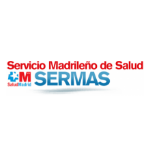
CLC/InnoStars: Spain
Partner classification: Municipality / City, Hospital / University Hospital
Servicio Madrileño de Salud (SERMAS) is the public health provider of the region of Madrid. SERMAS belongs to the Spanish National Health System and provides services to more than 6 million citizens through 38 hospitals and 424 primary care centres. SERMAS is an international reference for high-specialized medicine; it is equipped with state-of-the art stage technologies and characterized by high-qualified health professionals distributed in three domains: primary care, hospital care and emergency care through SUMMA 112. SERMAS has one of the best public primary care systems in good coordination with hospital care and social services in order to provide integrated care and achieve real impact on patients and families. In order to improve health research management and coordination, SERMAS works with 13 Research Foundations that support from the economic and administrative point of view research and innovation that originates at university hospitals, primary care, the emergency medical service and public health covering all areas of specialties and including communication and information technologic departments. These public research foundations focus on innovation and translational research, seeking for real outcomes in healthcare. SERMAS is committed to ensure the continuous improvement of quality.
Key Activities in Social Innovation
Healthcare provision, Payers
Key Activities in Business Creation
Technology Transfer, Testing & Validation
Key Activities in Education
Medical faculties, Healthcare professional education/training

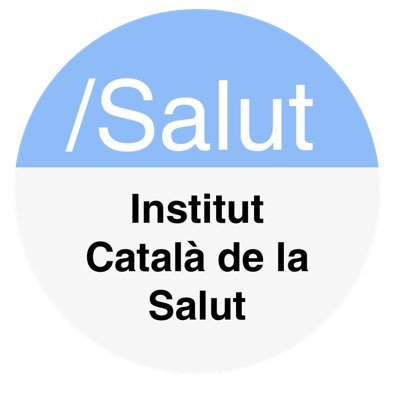
CLC/InnoStars: Spain
Partner classification: Education, Research, Tech Transfer, Clusters, Other NGOs, Hospital / University Hospital
With a staff of over 51,700 professionals, the Catalan Health Institute (ICS) is the largest public health services company of Catalonia, that provides health care to nearly six million people across the country. As a reference entity of the public health system, the aim of ICS is to improve people’s health and quality of live, through the provision of excellent health services in his 8 Hospitals and 949 primary care centers and local consultancy, regarding both the promotion of health and the treatment of diseases, from the most prevalent to the most complex ones. Also, our organization includes research - 7 Institutes - , and education. All of our activities embrace innovation and knowledge transfer as a guarantee to continuously improve the attention that the institution offers to the citizens.
Institut Català de la Salut (ICS)
Institut Català de la Salut, Gran Via de les Corts Catalanes, 587, 08007 Barcelona, Spain


CLC/InnoStars: Spain
Partner classification: Linked/Affiliated Party
The Girona Biomedical Research Institute Dr. Josep Trueta (IDIBGI) is a CERCA research center of the Generalitat de Catalunya whose purpose is to promote, develop, transfer, manage and disseminate biomedical research, scientific and technological knowledge, teaching and training in the areas of life and health sciences, mainly in the Girona area.
Girona Biomedical Research Institute Dr. Josep Trueta (IDIBGI)
Parc Hospitalari Martí I Julià- C/ Dr. Castant s/n, Edifici M2, 17190, Salt, Girona
Key Activities in Research and Developement
Cardiovascular and respiratory, medical imaging, mental health, metabolism and inflammation, neuroscience and onco-haematology.
Key Activities in Business Creation
Testing & Validation
Key Activities in Education
Medical faculties, Healthcare professional education/training

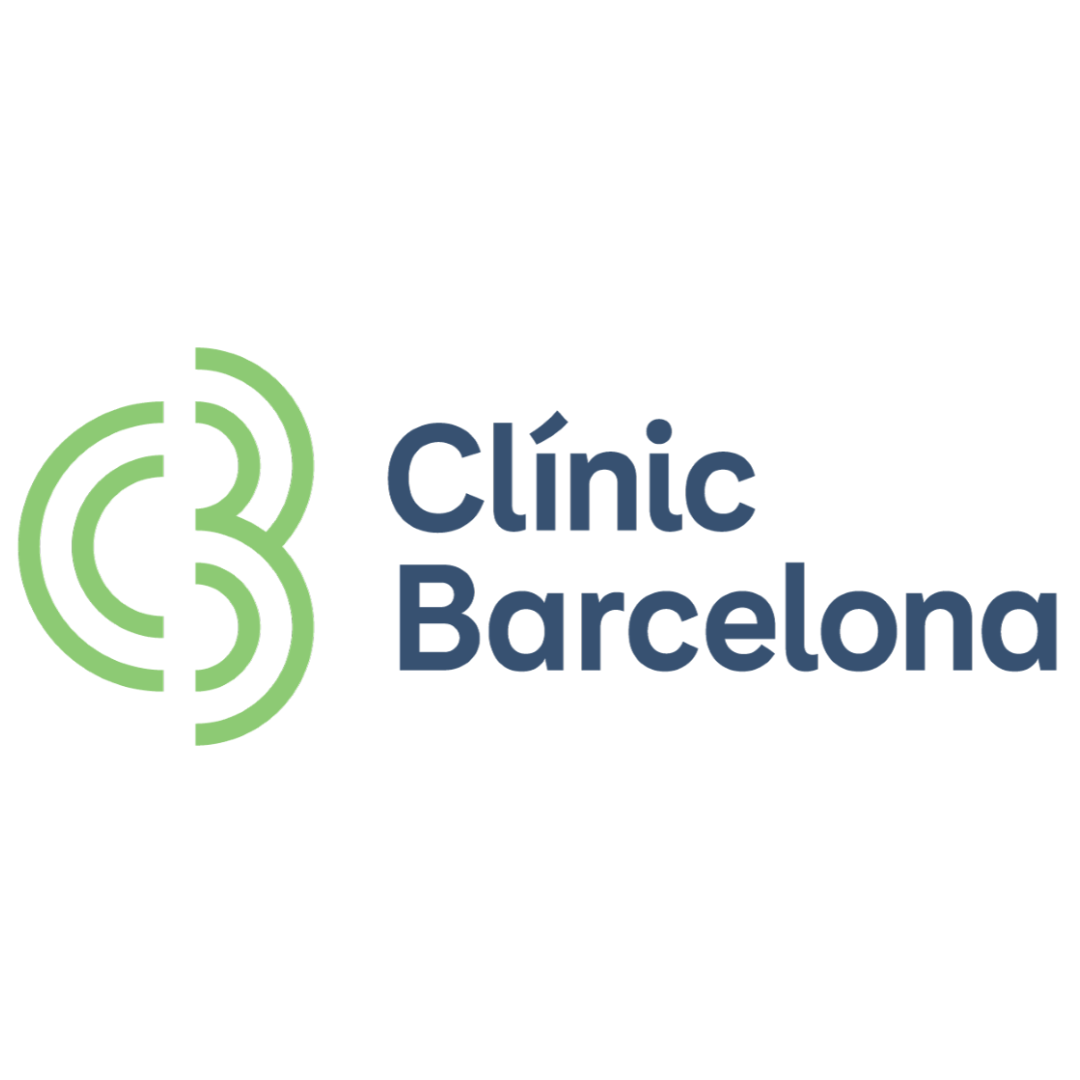
CLC/InnoStars: Spain
Partner classification: Research, Hospital / University Hospital
Hospital Clinic of Barcelona (HCB), founded in 1906, is a university hospital with 4,500 professionals covering most of medical and surgical specialties. It belongs to the Catalan Public Hospital Network and it is both a high-complexity tertiary hospital and a community hospital providing services to more than half million citizens. HCB is placed in Spain in a top position in the areas of research and innovation (e.g. top participant in Societal Challenge 1-Health in H2020).
Hospital Clínic de Barcelona
Carrer de Villarroel, 170, 08036 Barcelona, Spain
Key Activities in Corporate Innovation
Key Innovation capacities
-Strong expertise in EIT Health projects (involved in +30 projects from all pillars since 2016)
-Internationally recognized KOLs in different fields (+100 management positions in international scientific and clinical societies)
-High volume of Clinical Trials (+200 new clinical trials performed every year) with a dedicated Clinical Trial Unit, offering an integral support
-Technology transfer (12 active spin-off; +70 active patent families)
Key Activities in Social Innovation
Healthcare provision
Key Activities in Business Creation
Testing & Validation
Key Activities in Education
-Professionals (AulaClinic) (+500 actions and +7500 participants in 2021) http://www.aulaclinic.com/
-Patients (Patient Experience Forum - Living Lab) (20 focal groups and 75 participants in 2021) https://www.clinicbarcelona.org/uploads/media/default/0002/77/9d52d7598494a2a45a34f19a56a6c4af1af6a0ae.pdf
-Citizens (PortalCLÍNIC) (+5 million visits in 2021) https://www.clinicbarcelona.org/en/portalclinic

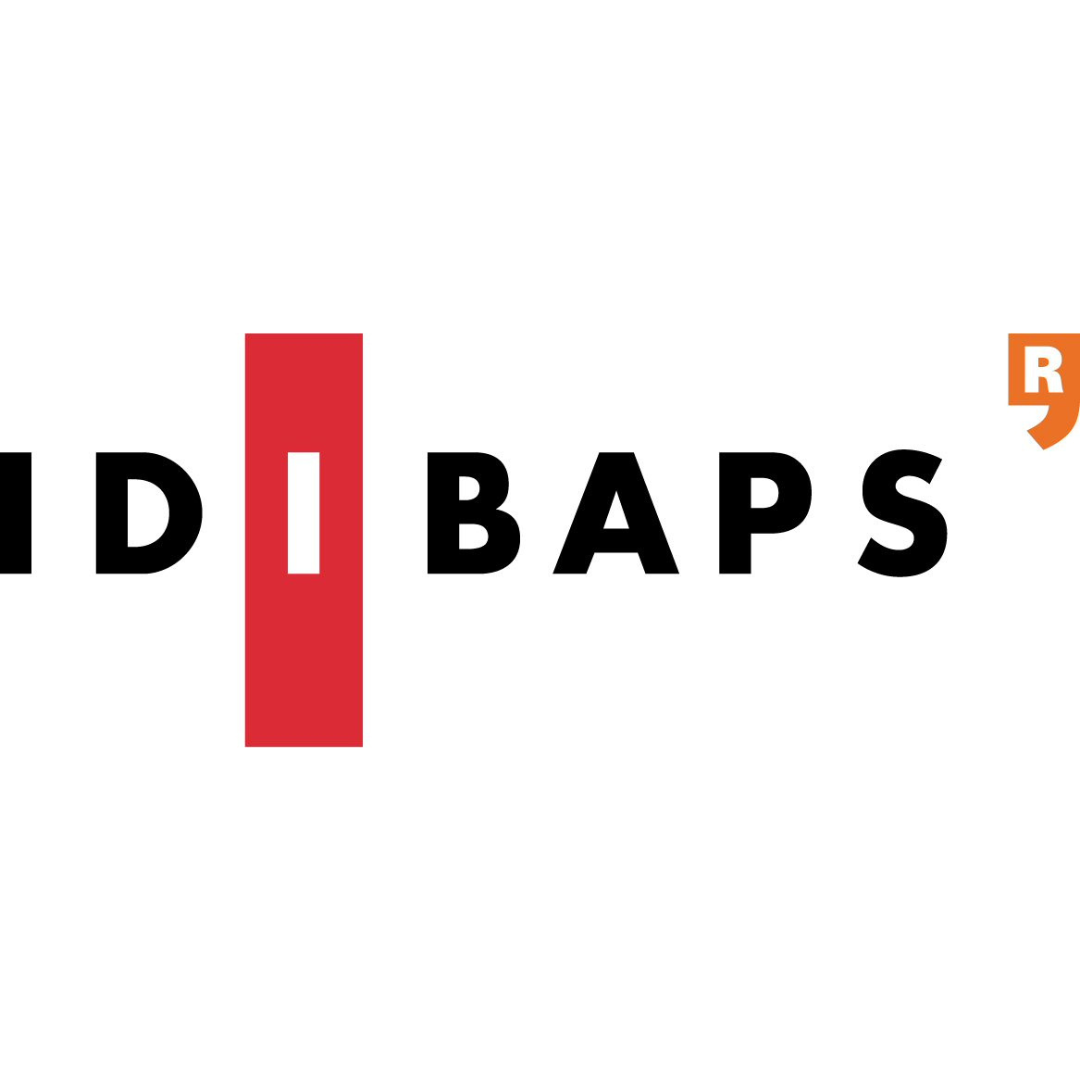
CLC/InnoStars: Spain
Partner classification: Research
Partner type: Linked/Affiliated Party
The Fundació de Recerca Clínic Barcelona-Institut d’Investigacions Biomèdiques August Pi i Sunyer (IDIBAPS) is a public research centre dedicated to biomedical research, founded in 1996 to broaden the clinical research of the Hospital Clinic de Barcelona (HCB). With >1,500 original articles and >2,500 publications annually, IDIBAPS is one of the leading biomedical research centres in Spain driving forward original multidisciplinary biomedical research on multiple diseases affecting our society, with the mission to translate “knowledge into cure”. The broad vision of IDIBAPS Strategic Plan is to improve the health and quality of life of citizens through high impact research and collaborations, at the highest level of scientific integrity, public accountability, and social responsibility. The close interaction of 100 clinical and laboratory research groups, composed by more than 460 Principal Investigators, drives forward original translational and multidisciplinary research oriented to solve relevant biological and clinical questions for human health. The researchers have access to novel and first-class infrastructures available together with six own core facilities offering a wide range of services under strict quality management controls performed at all levels. The institution has also a strong track record working in European projects (e.g. 90 projects obtained along H2020 and 36 in Horizon Europe) and has a dedicated European Projects Office (OPE) and the Knowledge and Technology Transfer Office (KTT).
Fundació de Recerca Clínic Barcelona-Institut d’Investigacions Biomèdiques August Pi i Sunyer (IDIBAPS)
Carrer del Rosselló, 149, 08036 Barcelona, Spain
Key Activities in Research and Developement
1600 researchers in 100 research groups
Key Activities in Corporate Innovation
Key Innovation capacities
-Strong expertise in EIT Health projects (involved in +30 projects from all pillars since 2016)
-Internationally recognized KOLs in different fields (+100 management positions in international scientific and clinical societies)
-High volume of Clinical Trials (+200 new clinical trials performed every year) with a dedicated Clinical Trial Unit, offering an integral support
-Technology transfer (12 active spin-off; +70 active patent families)
Key Activities in Business Creation
Testing & Validation
Key Activities in Education
Medical faculties, Healthcare professional education/training

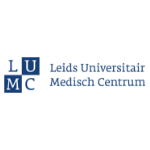
Partner classification: Education, Research, Hospital / University Hospital
The mission of the LUMC is ‘to be an innovator improving both healthcare and population health’. LUMC is a university medical center for research, education and patient care with a high quality profile and a strong scientific orientation. It has a unique research practice, ranging from pure fundamental medical research to applied clinical research. LUMC wants to perform ground-breaking innovation. Researchers, educators and healthcare providers at LUMC work together around 3 societal outreach topics, Oncology, Regenerative Medicine and Population Health. Furthermore 10 themes for innovation are defined Academic Pharma, Neuro Science, Cancer, (auto)Immunity, Cell, Tissue & organ, Cardio-Vascular, Genetics, infection, Life course and prevention and Lifestyle. https://strategie.lumc.nl/en/
Leids Universitair Medisch Centrum
Leids Universitair Medisch Centrum, Albinusdreef 2, 2333 ZA Leiden, Netherlands
Key Activities in Research and Developement
Life Sciences, Clinical research
Key Activities in Social Innovation
Healthcare provision
Key Activities in Business Creation
Incubation, Technology Transfer


CLC/InnoStars: InnoStars
Partner classification: Education, Research
NOVA University Lisbon has a strong commitment to health sciences that encompasses all its nine organic units - ranging from molecular biology to the health of populations. Three of NOVA’s schools are directly committed to health: NOVA Medical School, the Institute of Hygiene and Tropical Medicine and the National School of Public Health, while two others are dedicated to molecular biology and life materials as well as biomedical engineering, by so contributing to life sciences: the school of biotechnology and engineering (Faculty of Science and Technology) and the school of molecular biology (Institute of Chemical and Biological Technology António Xavier). Faculty of Social and Human Sciences, the school of management (Nova School of Business and Economics), the school of data (NOVA Information Management School) and the Law School, do collaborate to research in health sciences, namely covering social dimensions and interactions of health. We may rightly state that NOVA covers the entire health spectrum - from molecule to patient's bedside - linking fundamental biology, technology and health care to ultimately improve the health of populations. NOVAhealth platform mission is to create health value through scientific production, the dissemination of knowledge and the implementation of innovative solutions, useful for the health of populations. To fulfil this mission, we promote research collaborations between NOVA's academic units, as well as establish partnerships with industry and society, focused on research missions, with the identified purpose of responding to concrete problems. NOVAhealth is organized into ten research groups, where members of all NOVA organic units collaborate as well as other external members: Ageing, Nutrition, Value Improvement for Health and Care, Climate Change Impact on Public Health, Integrated Care, Migration and Health, Quality Improvement and Patient Safety, Health Systems and Policies and Tropical Health.
Universidade Nova de Lisboa


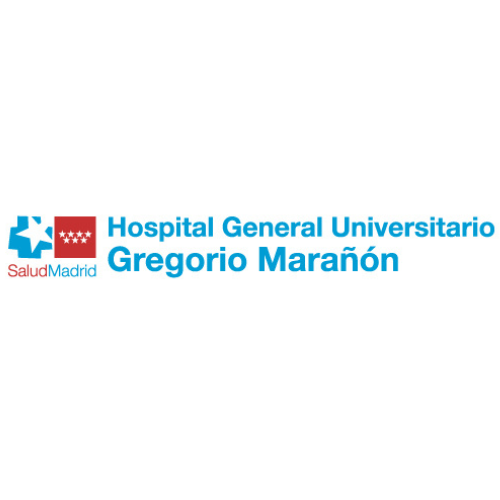
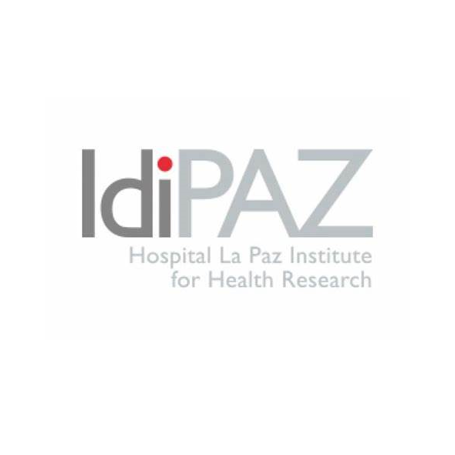
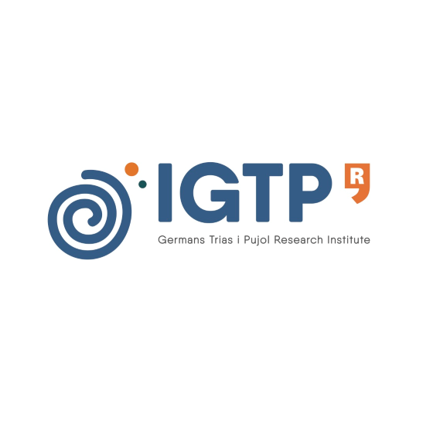
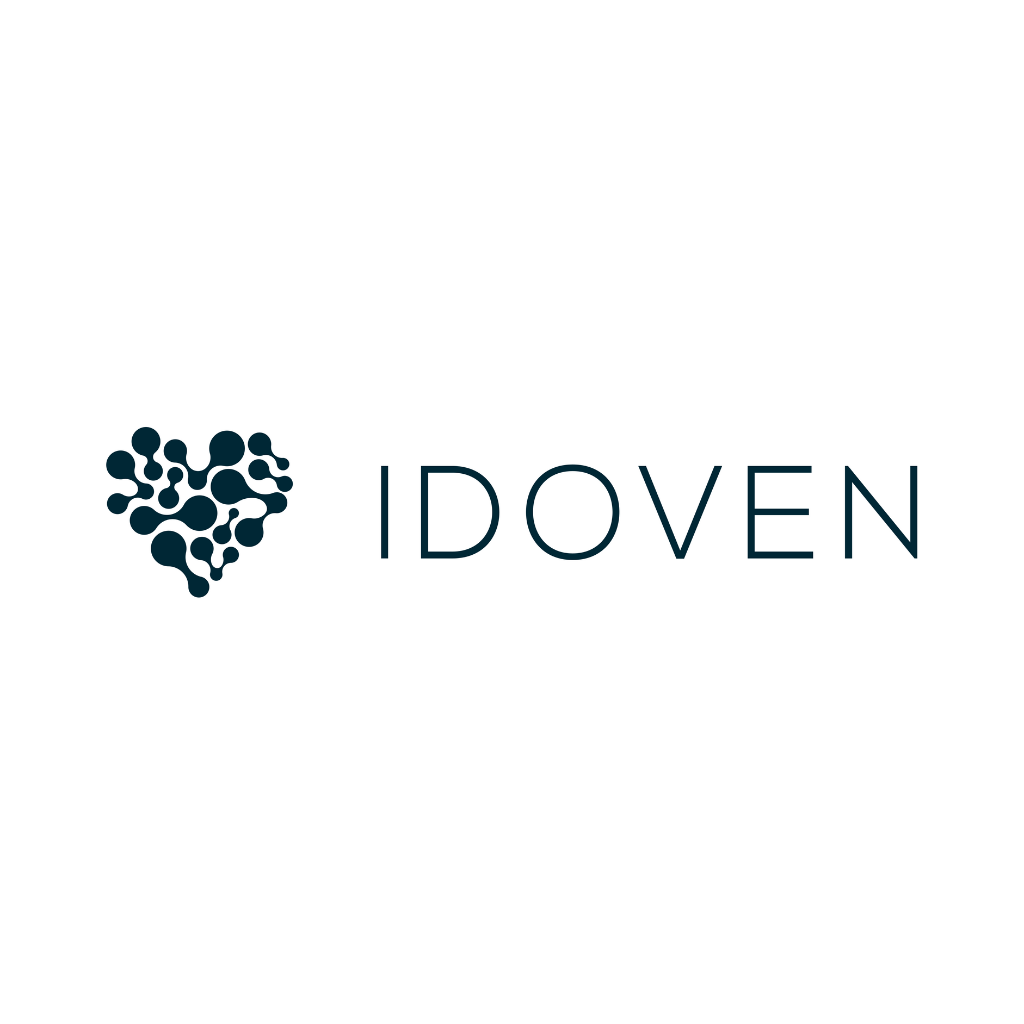
CLC/InnoStars: Spain
Idoven is a health technology company advancing early detection and precision medicine for cardiovascular diseases. The Idoven AI-powered platform delivers substantial improvements to the speed, consistency and accuracy of electrocardiogram (ECG) interpretation. Its powerful, proprietary AI algorithms, which work with existing ECG devices, are also being applied to develop disease biomarkers towards patient identification, risk stratification and prognosis, as well as drug cardiac safety monitoring. Idoven partners with leading medical device and pharmaceutical companies on AI-driven innovations to develop a new standard of cardiovascular care.
Key Activities in Research and Developement
Idoven is leading the consortium of the innovation project ASSIST, which has received €1.5 million in funding over two years from EIT Health - The project consists of developing the first artificial intelligence-based solution for early diagnosis and accurate triage of acute myocardial infarction.
